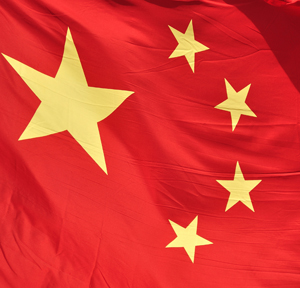Client Affairs
Focus Sharpens On Alibaba's Creation Of Swathe Of Billionaires, Millionaires

A report examines the number of millionaires and billionaires that could be spawned by the IPO of Asian online firm |Alibaba. Wealth managers will take note.
In what promises to be one of the biggest liquidity events in recent history – and keenly watched by wealth managers – a report examined the number of millionaires and billionaires that could be spawned by the IPO of Asian online firm Alibaba.
Simon Xie, an Alibaba Group Holding co-founder and second-biggest shareholder of its finance affiliate that owns Alipay, may become a billionaire as the estimate for the value of the firm rose, according to a report by Bloomberg.
Xie owns 9.7 per cent of Zhejiang Ant Small & Micro Financial Services Group, which is the parent of Alipay, the news service said. Small & Micro Financial would be worth at least $25 billion when it sells shares in a public offering, it said, citing US data. That would value Xie’s stake at more than $2.4 billion.
Alibaba’s founder Jack Ma owns almost half (49 per cent) of Small & Micro Financial. His net worth is valued at $12.6 billion. Joseph Tsai, Alibaba’s vice chairman, has a fortune estimated at $4.8 billion, the report said.
The IPO – to be held on the New York Stock Exchange rather than Hong Kong (which has raised some local Asia eyebrows) could raise $20 billion or more, reports have said. The largest listing to date involving an Asia business has been that of Agricultural Bank of China, at $22 billion, in 2010 (source: Financial Times.). The Alibaba float could rival that of Facebook in 2012 – and hopefully not be attended by technical glitches and an an initially disappointing price performance in the stock.
A report in June said the Chimese e-commerce giant has counselled staff who could be vastly enriched by the US listing. Current and former Alibaba employees hold between them a 26.7 per cent stake in the company (source: Reuters). The IPO could see the firm valued at over $152 billion. Some of the 20,000 employees have already had the chance to sell part of their stakes during previous Alibaba structured share sales through so called liquidity programmes, Reuters has reported.
